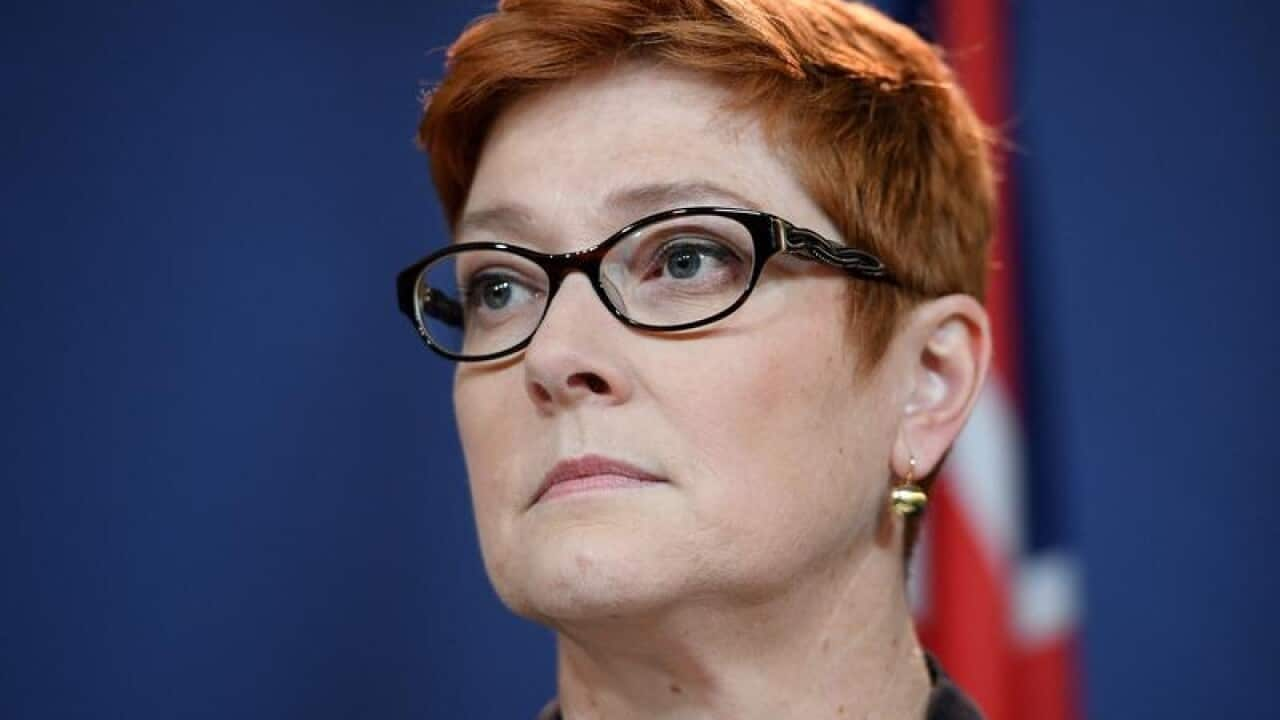South Korea is bracing for a possible missile test by North Korea as it marks its founding anniversary on Saturday, just days after its sixth and largest nuclear test rattled global financial markets and further escalated tensions in the region.
Throughout the week, South Korean officials have warned the North could launch another intercontinental ballistic missile, in defiance of UN sanctions and amid an escalating standoff with the United States.
Pyongyang marks its founding anniversary each year with a big display of pageantry and military hardware. Last year, North Korea conducted its fifth nuclear test on the Sept. 9 anniversary.
Tension on the Korean peninsula has escalated as North Korea's young leader, Kim Jong Un, has stepped up the development of weapons, testing a string of missiles this year, including one flying over Japan, and conducting its sixth nuclear test on Sunday.
Related reading

Living next to the border of North Korea
Experts believe the isolated regime is close to its goal of developing a powerful nuclear weapon capable of reaching the United States, something US President Donald Trump has vowed to prevent.
Celebrating its founding anniversary, a front-page editorial of the Saturday edition of North Korea's official Rodong Sinmun said the country should make "more high-tech Juche weapons to continuously bring about big historical events such as a miraculous victory of July 28.". The July date refers to the intercontinental ballistic missile test.
Juche is North Korea's homegrown ideology of self-reliance that is a mix of Marxism and extreme nationalism preached by state founder Kim Il Sung, the current leader's grandfather.
Related reading

South Koreans 'increasingly doubtful' North will start war
South Korean nuclear experts, checking for contamination, said on Friday they had found minute traces of radioactive xenon gas but that it was too early to link it to Sunday's explosion.
The Nuclear Safety and Security Commission (NSSC) said it had been conducting tests on land, air and water samples since shortly after the North Korean nuclear test on Sunday.
Xenon is a naturally occurring, colourless gas that is used in manufacturing of some sorts of lights. But the NSSC said it had detected xenon-133, a radioactive isotope that does not occur naturally and which has in the past been linked to North Korea's nuclear tests.
There was no chance the xenon "will have an impact on South Korea's territory or population", the agency said.
Share



